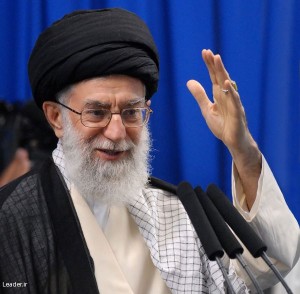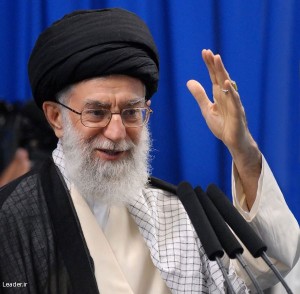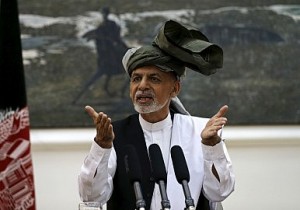Gulf News
Shahir Shahid
Last week, Ali Akbar Hashemi Rafsanjani fiercely attacked the Guardian Council, the ultraconservative body that vets electoral candidates. Rafsanjani, Iran’s former moderate president, reacted to the Council’s purge of thousands of moderate candidates for the February 26 elections. The Council is composed of twelve members: six Islamic clerics appointed by the Supreme Leader himself, and another six jurists elected by the Parliament (Majlis) from candidates nominated by the chief of the judiciary (who is, in turn, nominated by the Supreme Leader).
Addressing Council members, Rafsanjani asked, “Where did you receive your qualification? Who qualified you? Who gave you permission to judge? Who gave you authority, the right to take all the guns, have all the platforms, Friday prayer platforms, and run state radio and television?”
Many observers viewed Rafsanjani’s remarks as not just an assault on the Council, but also an indirect criticism of Iran’s Supreme Leader Ayatollah Ali Khamenei. It is Ayatollah Khamenei who appoints Council members, and the Council’s permission to judge has been entrusted by him.
The “authority to take all guns” is also given to the moderates’ rivals by Iran’s leader, who appoints commanders of the army and the Iranian Revolutionary Guards Corps (IRGC), while the head of state radio and television — there exists no non-state radio and television in Iran — is also appointed by the Leader. Rafsanjani’s statements were unprecedented, as he had not confronted Khamenei since he assumed leadership in 1989.
In his meeting with the members of the Supreme National Security Council, Ayatollah Khamenei indirectly responded. Without giving names, but clearly targeting the moderates, he hinted at “some people in Iran who do not tend to stand against the arrogance”. He urged the country’s Supreme National Security Council (SNSC) “to stand against arrogance and confront those who remain idle to it”.
Although Rafsanjani played a key role in Khamenei’s ascent to supreme leader in 1989, differences between them emerged with the beginning of Rafsanjani’s eight-year presidency (1989-1997). At the heart of their differences was relations with the US. The Leader categorically rejected such diplomacy, while Rafsanjani believed that that approach was unsustainable. Pressure on the Council mounted when Iranian President Hassan Rouhani, himself a disciple of Rafsanjani’s school of thought, also criticised the Council’s move. To avoid a repeat of the 2009 unrest that followed Mahmoud Ahmadinejad winning a disputed second term, the Council revised the mass disqualification of the moderate candidates on February 6.





